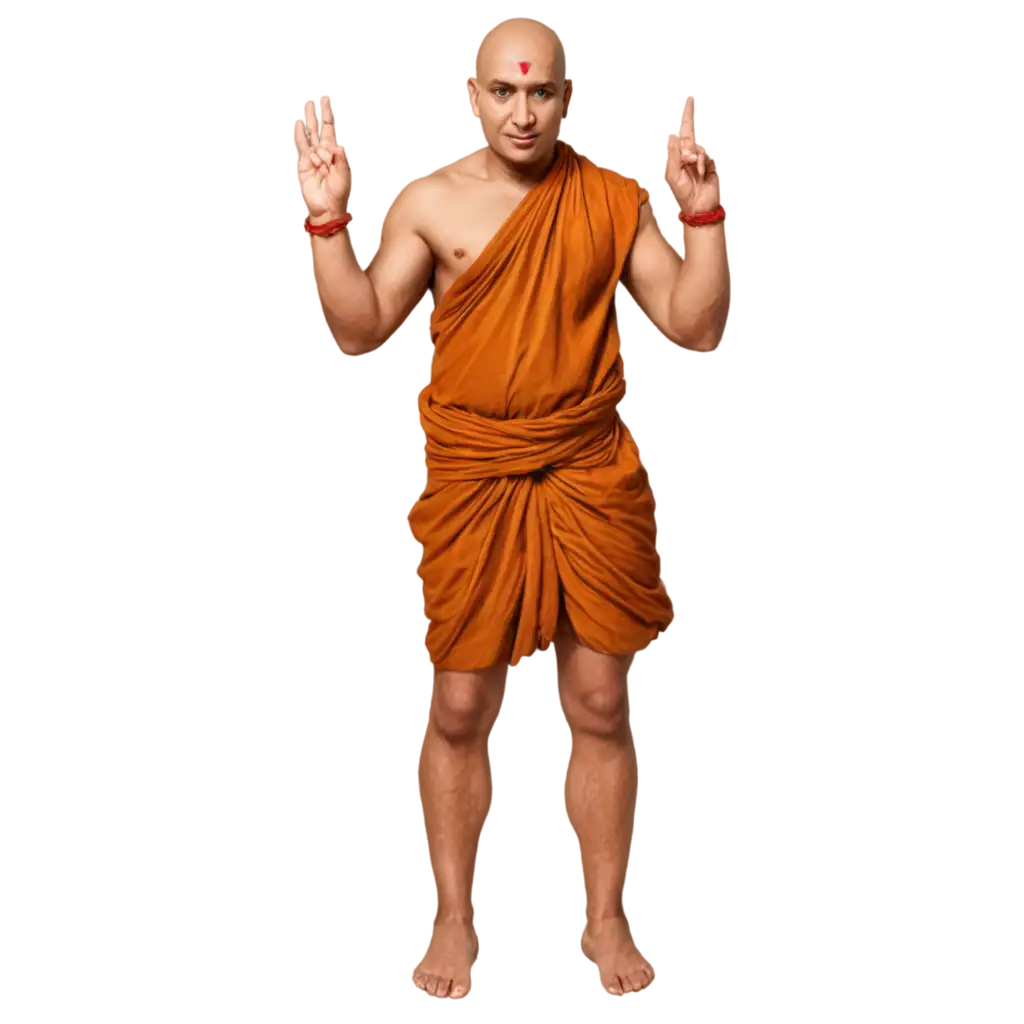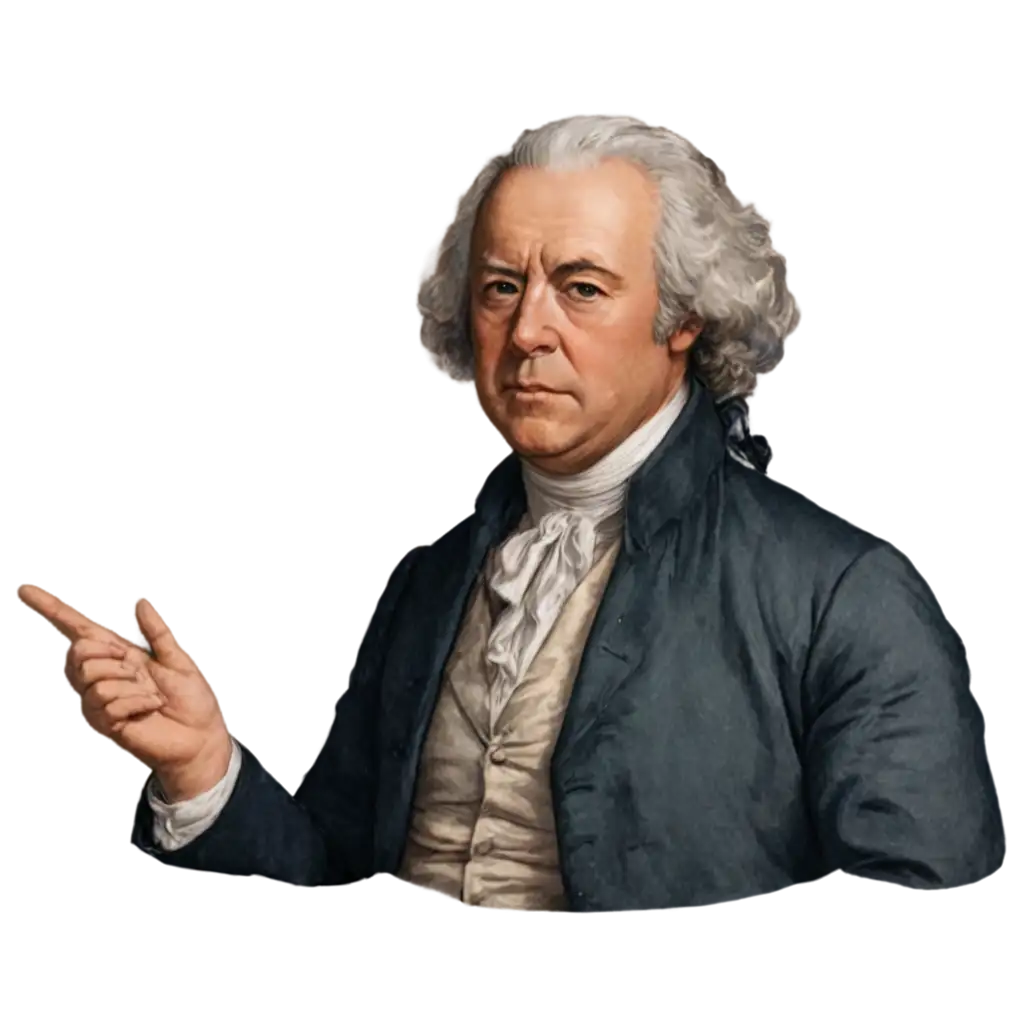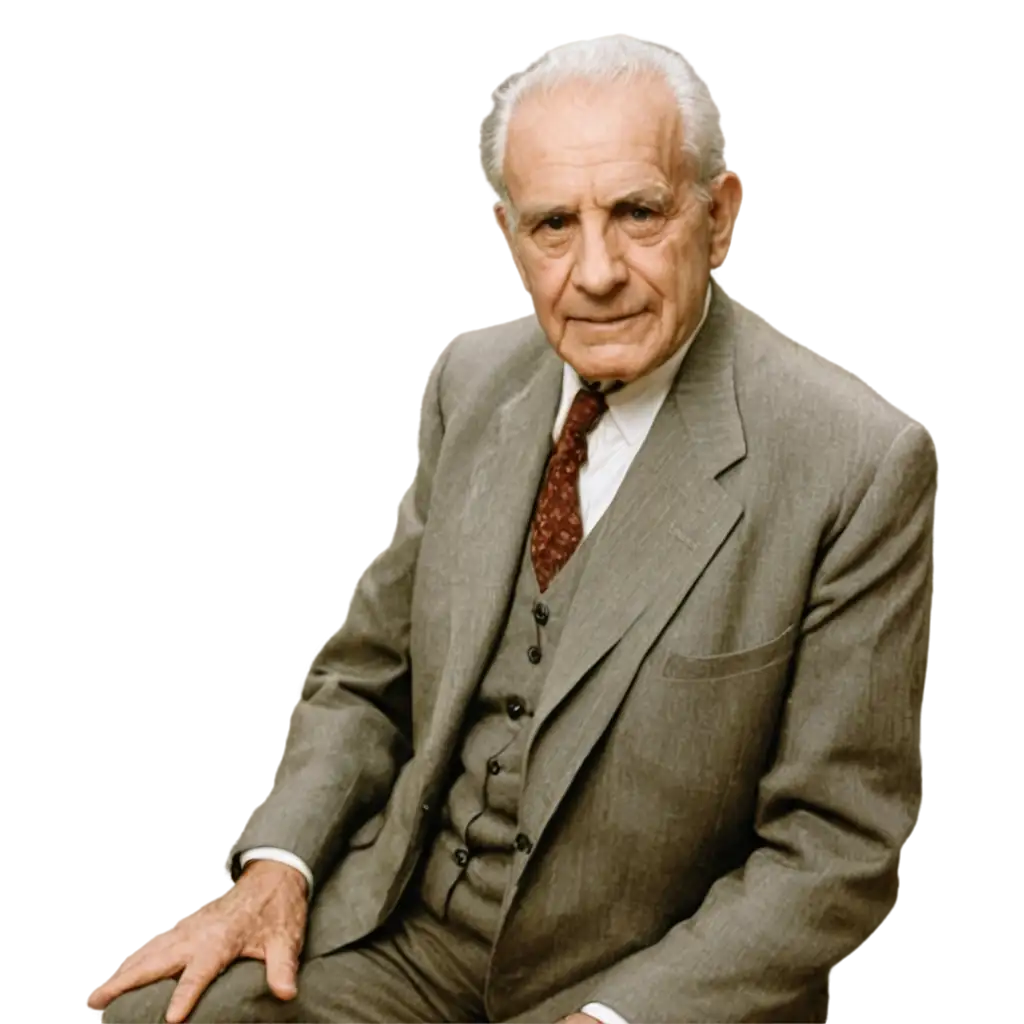8 Free Political Philosophy transparent PNG images
Welcome to our AI-generated image collection for 'Political Philosophy'! Explore a diverse array of over 8 free high-resolution stock photos, 3D objects, vectors, and illustrations on this topic. Customize your desired images by clicking the 'open in editor' feature to adjust the prompts and regenerate your perfect visual asset.








Related Tags
Political philosophy is the study of fundamental questions about the state, government, politics, liberty, justice, and the enforcement of laws. It deals with the nature of political authority and the legitimacy of different political institutions. The origins of political philosophy can be traced back to ancient Greek thinkers like Plato and Aristotle, who explored ideas around the formation and structure of an ideal society. Over the centuries, philosophers have continued to grapple with pressing political issues, shaping our understanding of concepts such as democracy, authoritarianism, individual rights, and the social contract.
Definition and Background of Political Philosophy
Political philosophy encompasses a diverse range of topics, including political theory, political economy, and normative theory. Philosophers in this field analyze the fundamental principles that underlie political systems, the distribution of power, and the relationship between the individual and the state. Their work often informs real-world policy decisions, debates on issues like elections, civil liberties, and the role of government. Political philosophy also intersects with other disciplines, such as ethics, sociology, and history, offering interdisciplinary perspectives on the complexities of political life.
Key Characteristics and Applications of Political Philosophy
Over the centuries, many prominent thinkers have made significant contributions to the field of political philosophy. Some of the most influential figures include Plato, Aristotle, Niccolò Machiavelli, John Locke, Jean-Jacques Rousseau, Immanuel Kant, Karl Marx, John Rawls, and Michel Foucault. Their seminal works, such as Plato's 'The Republic,' Locke's 'Two Treatises of Government,' Rousseau's 'The Social Contract,' and Rawls' 'A Theory of Justice,' have shaped our understanding of political concepts and institutions, and continue to be studied and debated by scholars and policymakers.
Notable Figures and Influential Works in Political Philosophy
Political philosophy encompasses a wide range of ideological perspectives, from liberal democracy to authoritarian communism, and from anarchism to conservatism. Thinkers have grappled with fundamental questions of power, rights, and the role of the state, leading to the development of diverse philosophical frameworks. These include classical liberalism, Marxism, social contract theory, utilitarianism, communitarianism, and more. Understanding the nuances and historical contexts of these differing ideological viewpoints is crucial for anyone interested in the complexities of political thought and decision-making.
Diverse Ideological Perspectives in Political Philosophy